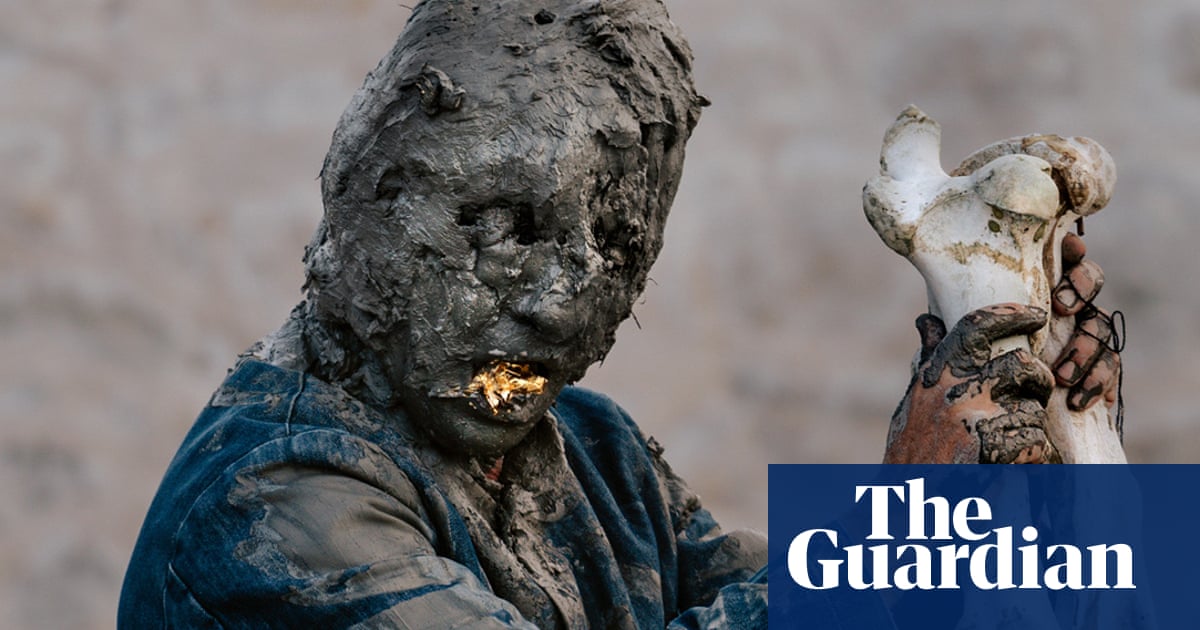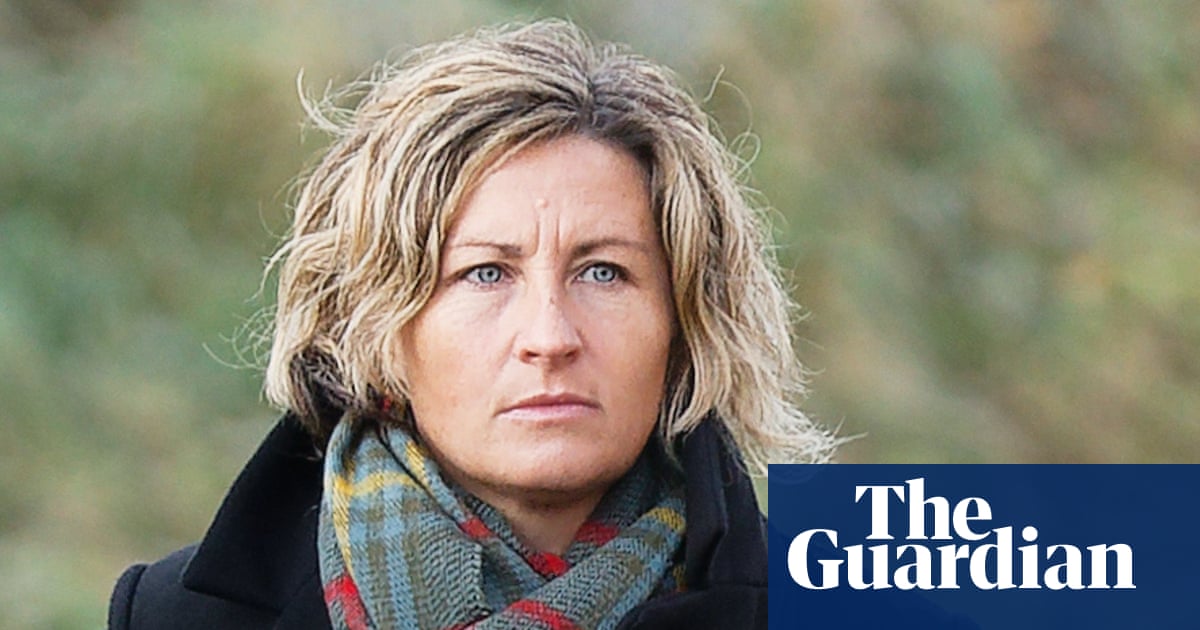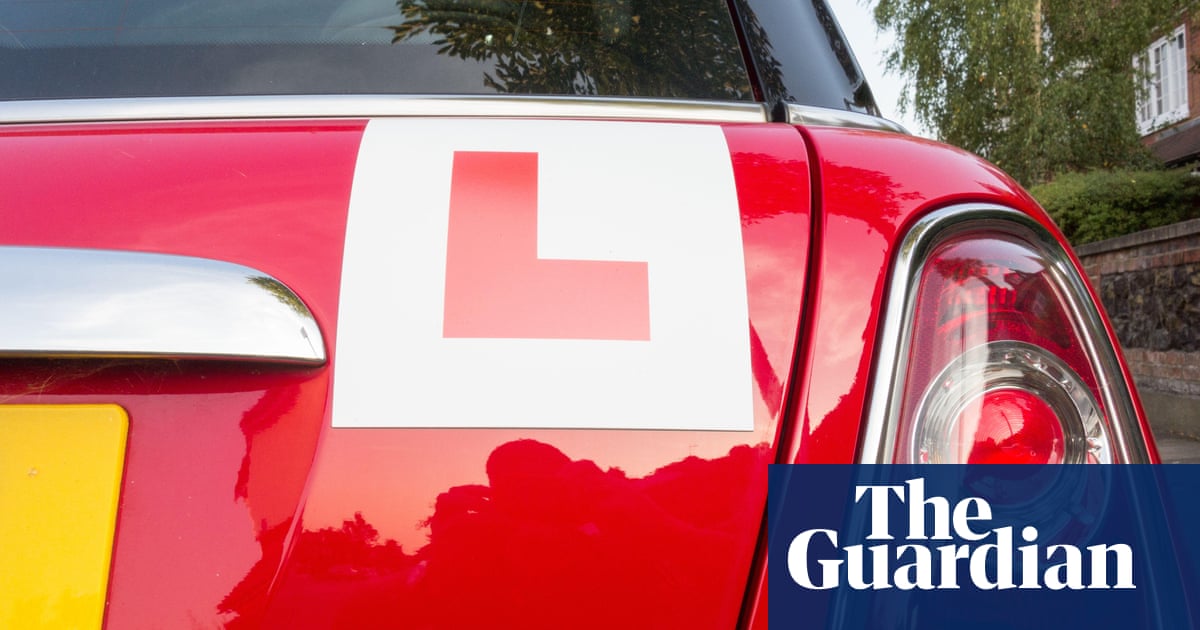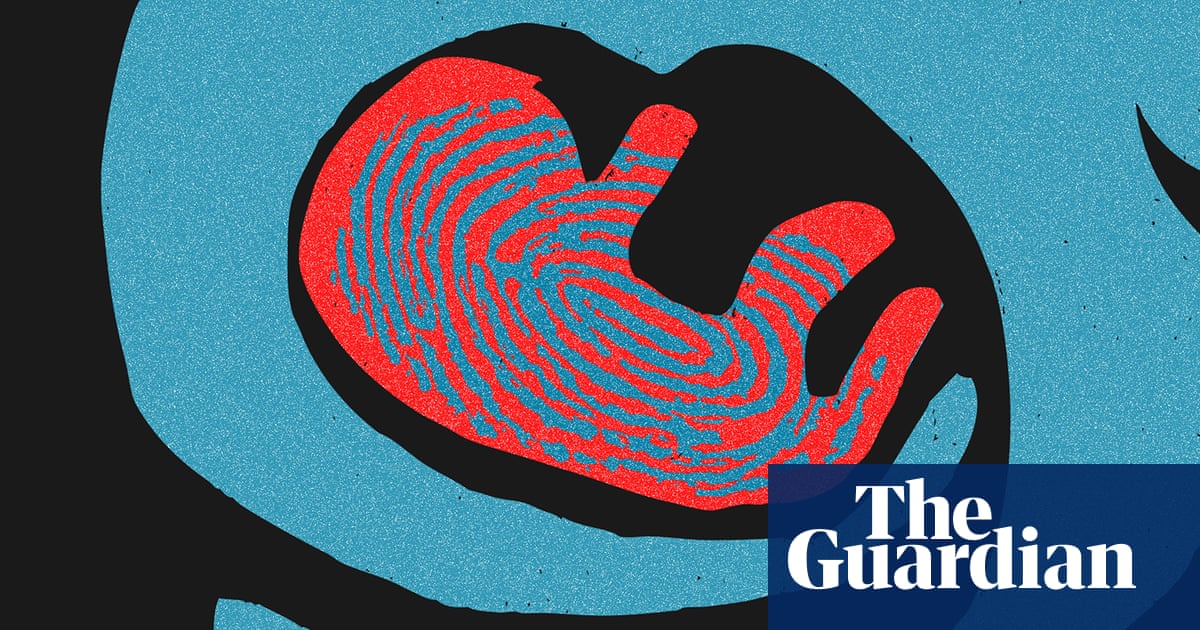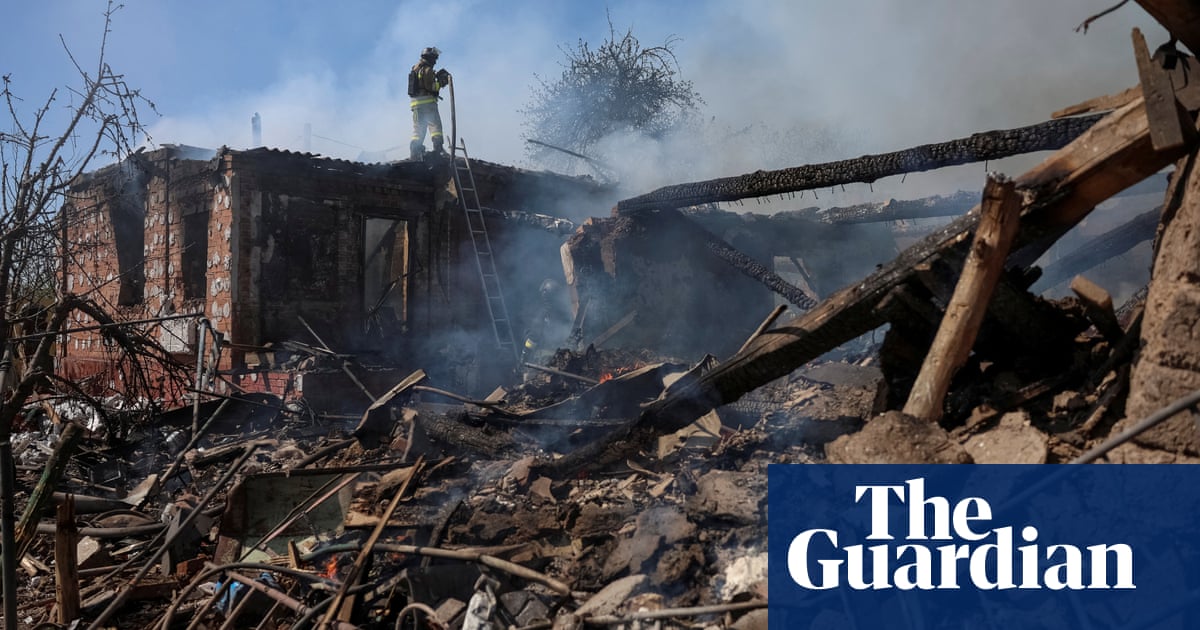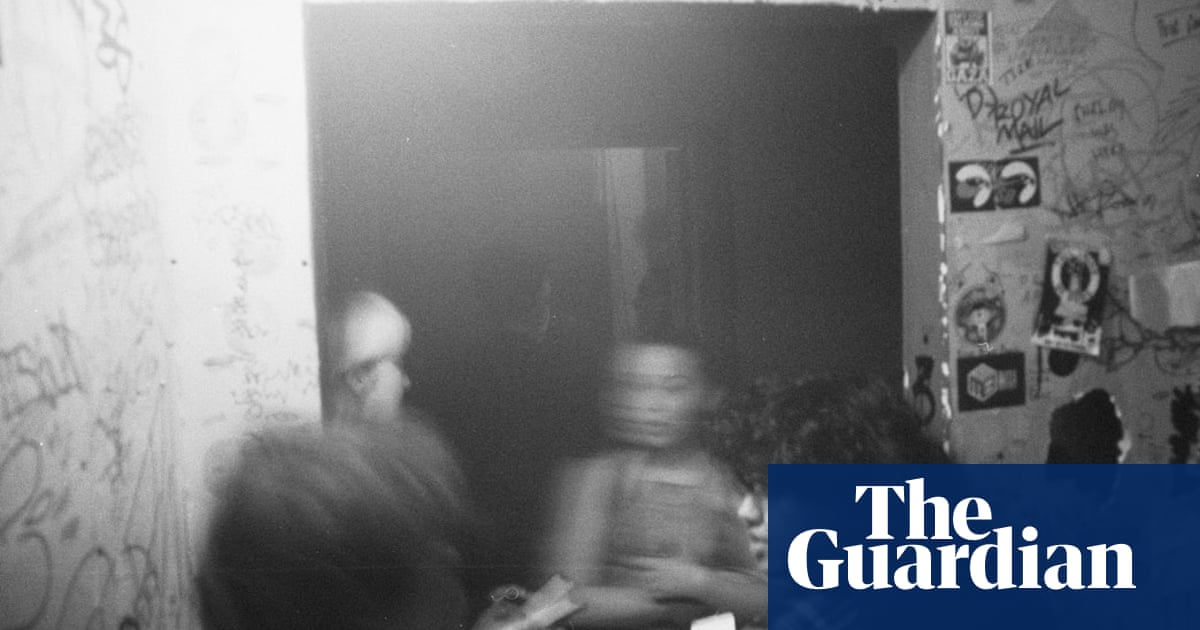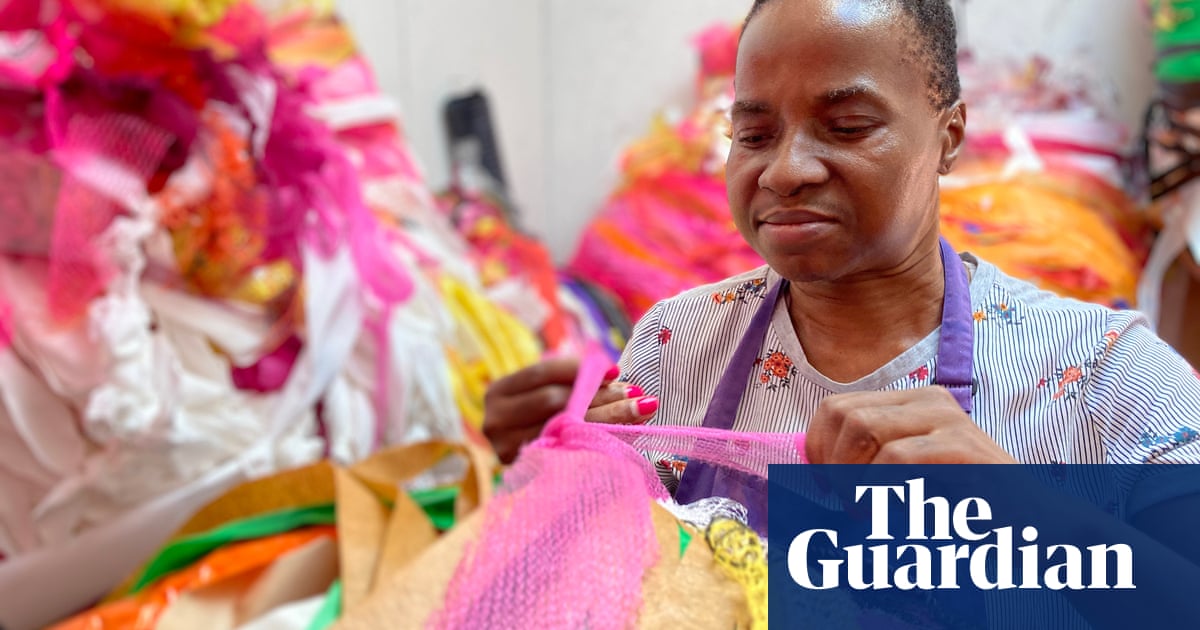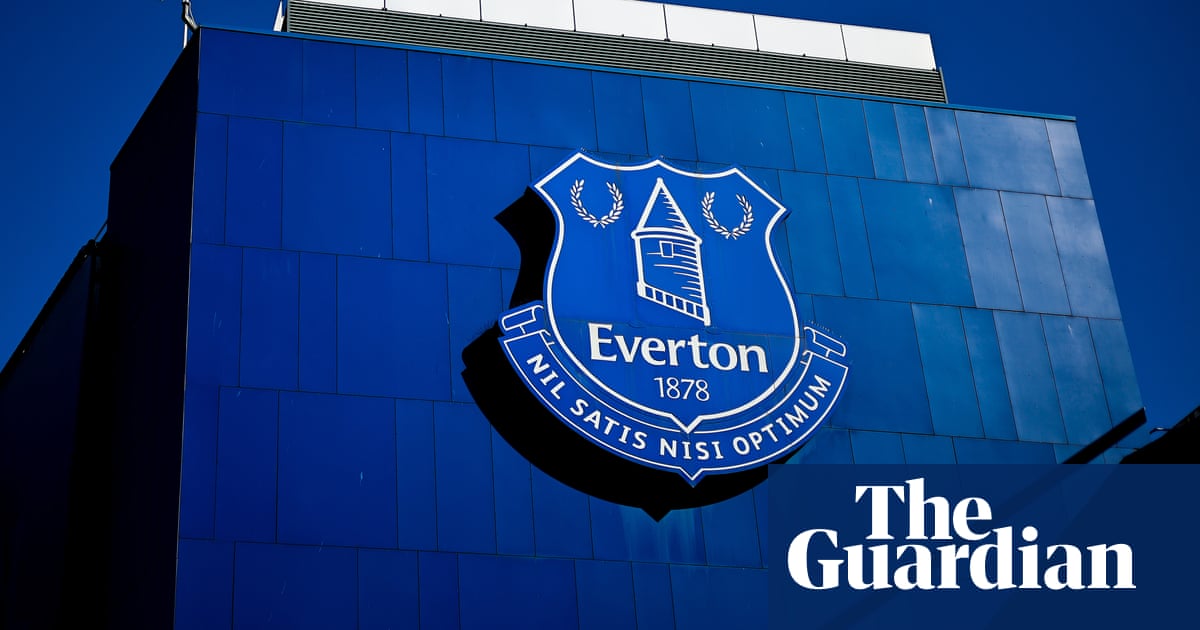Thousands of bereaved parents and children of victims of the infected blood scandal will be able to claim compensation for the first time under new proposed laws to be laid in parliament this month.
The new laws will mean those affected by the scandal, including parents, children and siblings, will be able to make individual claims. Campaign groups say many relatives whose lives were blighted by the worst treatment disaster in the NHS history have died waiting for justice.
Between 1970 and the early 1990s, more than 30,000 NHS patients were given blood transfusions, or treatments made using blood products, that were contaminated with hepatitis C or HIV. More than 3,000 people who were infected have since died.
There is anger at the delays in awarding compensation to people who were infected and their families after Sir Brian Langstaff, who chaired the public inquiry into the scandal, recommended in April 2023 that a compensation scheme should be set up immediately. The Tory government rejected the advice, waiting for Langstaff’s final report in May last year before announcing the scheme.
The new laws due to be laid in parliament shortly and passed by the end of March will mean that the compensation scheme is extended to enable partners, parents, children and siblings of an eligible infected person to apply for compensation.
The amount of the payouts will depend on the individual’s relationship with an infected person and the severity of the infection. The Infected Blood Compensation Authority (IBCA) was set up last May and is on track to pay out more than £100m to claimants by the end of March. This is, however, less than 1% of the £11.8bn allocated in the autumn budget to compensate the infected and the affected. The Observer revealed in December that just 10 people at that time had been offered compensation from the scheme.

Samantha May, from the Hepatitis C Trust, welcomed the incoming regulations but said families had waited too long for compensation. She said: “There are parents that lost children to HIV and hepatitis C who have never received a penny. There are people who lost their mum or dad, or in some cases both parents, who have never been able to make a claim.”
She added: “We still don’t have clarity on when these payments are going to start. We are talking about thousands of people and in the meantime people are getting increasingly old and continuing to die. People are broken by these delays. There is distress, anger and frustration.”
Conan McIlwrath, chair of the Haemophilia Society, said those infected and their families have suffered delays for too long. He said: “We are already a long way behind where we should be and it is reinforced every day by the fact that people are dying.
“We are concerned that in the public eye this is seen as a done deal, but there are still significant hurdles to clear before we have a compensation scheme that genuinely reflects the suffering and loss this scandal has caused.”
The most recent figures published by the IBCA on 22 January revealed that 11 offers of compensation have now been made to people from the infected blood community, totalling £13.4m. It is intended that by the end of March about 250 people will have been invited to claim. The authority is initially working on a small number of cases, with what has been described in parliament as a “test and learn approach”, before significantly scaling up its operations.
In a webinar last month providing an update on the compensation scheme, Sir Robert Francis KC, interim chair of the IBCA, said he recognised the frustration over the small number of payments. “I am fully aware that these are tiny numbers to the number of people who are entitled to compensation,” he said. “However, it does to my mind amount to a historic moment because people have been fighting for compensation for decades and they now can see compensation is being paid.”
after newsletter promotion
The IBCA has about 20 claims managers but aims to recruit up to 500. Based in Newcastle, it is expected to be operational for five to seven years.
There have been various schemes over the years to provide support to the victims but ministers for years insisted the infected had been given the “best available treatment at the time”. Sir Brian’s final inquiry report found the scandal could largely have been avoided and there had been the loss and destruction of key documents.

Ministers accept the inquiry’s recommendation for compensation and about £1bn of interim payments have been paid to people who are infected or their bereaved partners. It was announced last October that the estates of the deceased could also apply for interim payments.
Andy Evans, chair of the campaign group Tainted Blood, said there were concerns among the infected and affected about the ongoing waits for compensation. He said it was a scandal that the previous government had not immediately acted on Langstaff’s recommendation on compensation in his interim report in 2023. He said: “There is a lot of fear that people won’t get paid before it’s too late.”
The IBCA said the first regulation to allow payments to be made came into force in August 2024 and the new regulations would outline compensation for those affected, “including many thousands of families who haven’t received compensation before”.
The new regulations will also cover additional impacts for those who were infected. The IBCA said: “We will review the second set of regulations once they are published, and will then build them into the claim service.”

.png) 2 months ago
19
2 months ago
19



